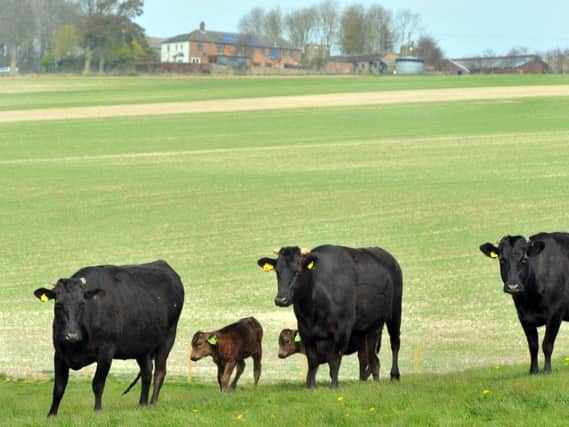Ben Barnett: Why lack of Whitehall ambition for promoting British food and drink is an 'own goal'
This article contains affiliate links. We may earn a small commission on items purchased through this article, but that does not affect our editorial judgement.


Advertisement
Hide AdAdvertisement
Hide AdA series of public survey results have been telling us for some time now of rising sentiments for supporting local food producers and of an increasingly discerning segment of shoppers who value knowing the provenance of what they eat, yet, latest official figures show Britain produces just 60 per cent of its own food, and that this rate is in a state of long-term decline.
These trends add considerable weight to the argument for a properly funded productivity drive on farms, supported by long-term assurances on government mechanisms of targeted financial support, but it is not just about producing more, and more efficiently so.
A damning report this week by the cross-party parliamentary watchdog, the EFRA Committee, seriously questioned the level of ambition and strategy behind the Government’s promotion of British food and drink, both at home and abroad.
Advertisement
Hide AdAdvertisement
Hide AdThis is an own goal. Some of the very best food and drink produce in the world is made in Britain, not least in Yorkshire where we are lucky to have landscapes that support a full range of agriculture and horticulture. The value of buying British needs to be sung from the rooftops – in terms of supporting some of the highest quality farming systems and in turn the management of our precious landscapes and the sustainability of rural communities.
Better labelling, as the EFRA Committee recommends, is one way to champion more effectively British food. As well as the trusted Red Tractor label, the origins of ingredients in processed food need to be stated.
A good thing to have come out of the current political situation is an apparent swell in patriotic food buying, the chairman of the Farm Retail Association, Rob Copley, told me recently, which is boosting sales at farm shops – specialists in British food and drink. Domestically, opportunity knocks now.